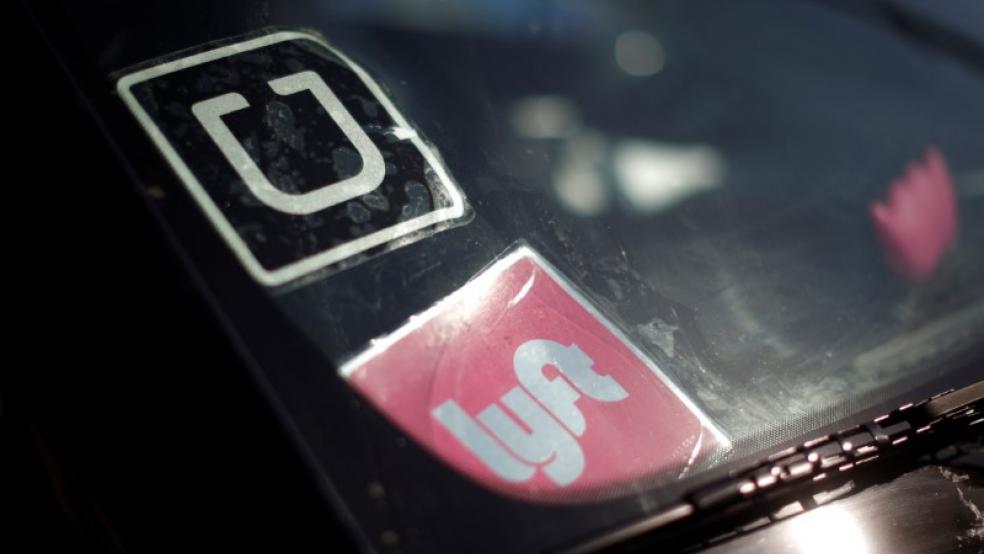The gig economy keeps growing, and that’s a problem for the IRS.
More than 2.5 million taxpayers earned income in 2014 through sharing economy businesses such as Uber, Airbnb and Etsy, according to a recent study by researchers at American University in Washington, D.C., and that number is expected to double in the next few years. But much of the income they earned likely went unreported, largely because the tax system has failed to keep up with this emerging economy, the study found. The result: Uncle Sam could be losing out on billions in tax collections.
Part of the problem, the study found, is that “existing tax rules effectively create a $19,399 reporting tax loophole impacting millions of taxpayers” because of the confusion surrounding the requirements for forms 1099-K, which is supposed to be filed by companies when they earn more than $20,000 through 200 or more credit card transactions, and 1099-MISC, which covers payments above $600 to independent contractors, freelancers and small businesses. Many taxpayers who earn income from working in the sharing economy do not receive any such form, potentially making them less likely to report that income.
Related: How Obamacare Is Fueling the Gig Economy
Bottom of Form
The IRS is waking up to the problem, and taking steps to ensure that Uber drivers and Airbnb hosts pay their fair share of taxes. The agency just unveiled a website aimed at helping those in the sharing or gig economy meet their tax obligations.
Called the Sharing Economy Resource Center, the site is as simplified as you would expect from the tax agency. But it covers such topics as filing requirements, quarterly estimated tax payments, self-employment taxes and special rules for vacation home rentals for independent contractors.
“This rapidly evolving area often presents new challenges for people engaged in these economic activities, whether they are renting a room or providing a ride,” said IRS Commissioner John Koskinen in a statement. The IRS also has held forums with tax professionals to address the needs for these specific kinds of workers and their special tax situations.
Related: 13 Tax Tips for Self-Employed Workers in 2016
Among the areas the agency highlighted for concern or confusion among gig workers:
Taxes: Those involved in the sharing economy often receive 1099 forms, W-2s or other income statements for tax reporting, but that’s not always the case, according to the IRS. Part-time or sideline businesses or those workers paid in just cash may not get any tax reporting forms.
The agency’s new page reminds visitors that “if you receive income from a sharing economy activity, it’s generally taxable” even if you don’t get an income statement for the work. “This is true even if you do it as a side job or just as a part time business and even if you are paid in cash,” the IRS says. “On the other hand, depending upon the circumstances, some or all of your business expenses may be deductible, subject to the normal tax limitations and rules.”
Related: Why the IRS May Delay Your Tax Refund Next Year
Deductions: There are easy options for taking deductions for many business expenses for gig workers, such as claiming the standard mileage rate for Lyft drivers.
Rentals: Attention VRBO and Airbnb hosts: There are special rules when it comes to rentals, especially if it’s a vacation home. For example, if the house or condo is rented for fewer than 15 days in the year, the rental income is not reported and rental expenses cannot be deducted.
Estimated payments: Gig workers often need to make quarterly estimated tax payments throughout the year rather than wait until April 15. Form 1040-ES is available to estimate those payments, which can be made electronically. If you are an employee elsewhere as well, you may avoid making those payments by withholding more from your regular paycheck.





